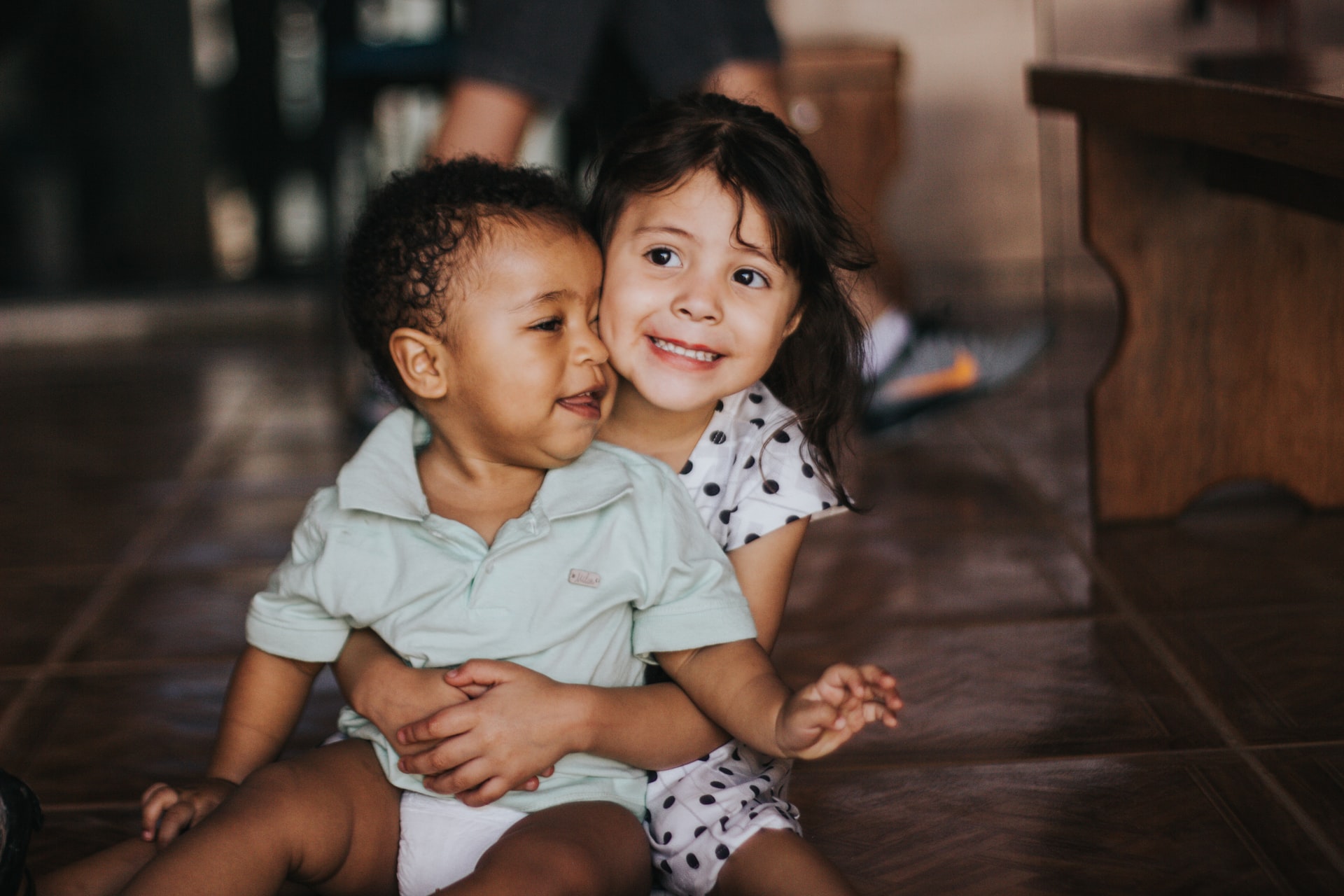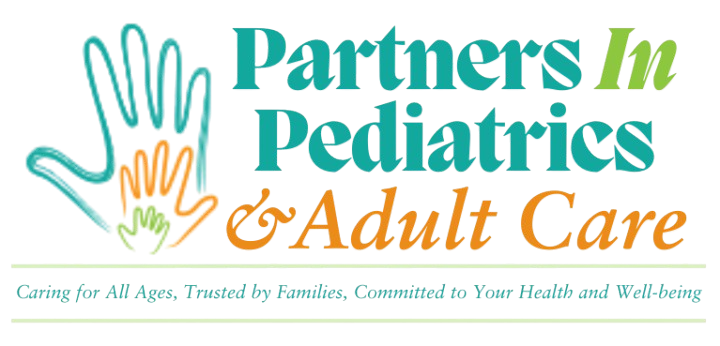
Sleep Disorders in Children
Many children suffer from sleep disorders that prevent them from getting enough sleep. Insufficient sleep can affect brain development, cause behavioral problems, and impact the overall quality of life for children and their families. Sleep problems may also contribute to anxiety and depression. Interestingly, some sleep-deprived children show hyperactive or inattentive behavior during the day rather than tiredness, which can lead to misdiagnosis of attention deficit hyperactivity disorder (ADHD).
Request an AppointmentTypes of Sleep Disorders in Children
Sleep disorders in children fall into two categories based on symptoms:
- Dyssomnias: Disorders causing difficulty falling asleep or staying asleep, excessive sleepiness, or disturbances in sleep quality or quantity.
- Parasomnias: Disorders involving abnormal movements, behaviors, or emotions during sleep, such as sleepwalking, night terrors, nightmares, and rhythmic movement disorders (e.g., head banging).
Children may experience symptoms from more than one type of sleep disorder.
Insomnia
Insomnia involves trouble falling asleep, staying asleep, or waking up, leading to excessive daytime tiredness and impaired school performance.
Sleep Apnea
More common in adults but can occur in children, sleep apnea results from obstructed airways causing snoring, breathing difficulties during sleep, and daytime sleepiness. Some children may benefit from tonsil and adenoid removal.
Night Terrors
Night terrors occur mostly between ages 3 and 8, where a child partially awakens with fear, crying, and emotional outbursts but does not fully wake or remember the episode.
Sleepwalking
Most common between ages 8 and 12, children may walk around with eyes open but remain asleep, often speaking in mumbled words. Sleepwalking usually resolves by adolescence.
Sleep-Onset Anxiety
This disorder involves difficulty falling asleep due to anxiety, fears, or worries, often triggered by stress or trauma, especially in older elementary-aged children.
Narcolepsy
A brain disorder causing excessive daytime sleepiness and sudden, uncontrollable sleep episodes during the day.
Treatment of Sleep Disorders in Children
If sleep problems interfere with a child’s daily life, medical consultation is recommended. Treatment varies by disorder and symptoms. Many sleep issues related to stress or anxiety respond well to therapy or behavioral interventions. In cases where the cause is unclear, an overnight sleep study (polysomnography) may be conducted to monitor body functions during sleep and identify the underlying problem. Following diagnosis, an appropriate treatment plan can be developed.
